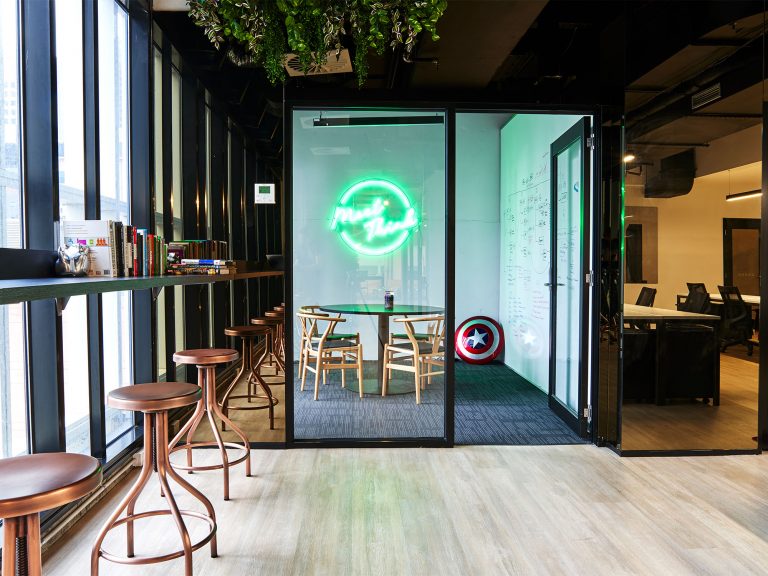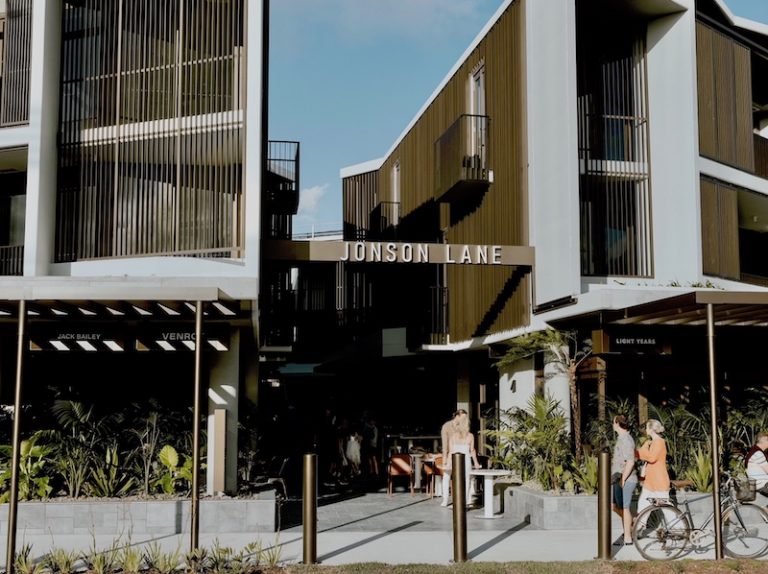5 tax tips for small business

Tax can be a big headache for small businesses, but following a few tax tips can make the world of difference.
We asked the experts to give us the lowdown on what can and can’t be claimed, as well as the best way for small businesses to approach doing their tax.
Know how to navigate the tax system
Understanding what can and can’t be claimed, the relevant small business tax rate, and available “discounts” like the small business tax offset is vital.
Generally speaking, small businesses can claim everything that is directly related to earning their income, to reduce the overall amount of tax they pay. Anything claimed must be related to the business, not private activities, though.
Braden Johnston, director of financial planning firm Rising Tide, shares his top small business tax tips below.

The scope for claiming small business expenses is fairly broad. Picture: Getty
1. Claim working expenses
The list of working expenses a small business can claim varies dramatically depending on the industry concerned, but most operating expenses incurred whilst earning income are tax deductible, according to Johnston.
Working expenses can include:
- advertising expenses
- wages, bonuses or allowances
- business travel expenses
- repairs and maintenance costs
- parking fees.
Entertainment costs generally can’t be claimed, nor can any private expenditure paid through the business. Working expenses are normally claimed in the year they occur.
2. Claim capital expenses
A capital expense is the cost of an asset that has a life longer than one year, like a computer or car, or an “expense associated with establishing, replacing, enlarging or improving the structure of a business”, Johnston explains. These, too, can be claimed.
Capital expenses can include:
- computers
- office equipment
- furniture and fixtures
- the cost of upgrading buildings
- machinery
- cars
- tools
- software.
Capital assets which cost more than $20,000 are claimed over multiple years, but those under $20,000 can be claimed in full the year they are bought.

If their annual turnover is less than $50 million, small businesses pay a tax rate of 27.5 per cent. Picture: Getty
3. Know the tax rate
Small business owners often pay different tax rates, as the rate they are charged depends on the structure the business operates under, Johnston says.
The only consistent, or “flat”, small business tax rate is for those operating as a “company”. These small businesses are charged a tax rate of 27.5 per cent. However, if their aggregated annual turnover exceeds $50 million, they are charged a tax rate of 30%.
Sole traders pay the same tax as individual taxpayers, at individual income tax rates. However, the rate for businesses operating through a trust can vary greatly and depends on a number of factors.
4. Save with a tax offset
The small business tax offset – also known as the unincorporated small business tax discount – can reduce the tax a small business pays by up to $1,000 each year.
It relates to how a business is set up and is worked out on the proportion of tax payable on business income.
To be eligible for the offset, a small business must operate as “a sole trader, or have a share of net small business income from a partnership or trust”, Johnston says.

Sole traders pay the same rates of tax as individual taxpayers. Picture: Getty
5. Claim property lease costs
A small business which leases premises can also claim certain deductions – depending on what the landlord and the business pays. It’s possible to claim:
- body corporate fees and charges
- council rates
- water charges
- electricity
- land tax
- cleaning
- gardening and lawn mowing
- pest control
- insurances, like building, contents and public liability
- lease costs
- interest expenses, if borrowing
- property agent’s fees and commission
- repairs and maintenance
- some legal expenses.
The Australian Tax Office talks about the “nexus” between the deduction and the income earned. If there’s a nexus, it can be claimed. If there’s no nexus, there’s no deduction.
Working expenses, also called operational expenses, and capital expenses are the two main things that can be claimed. The small business tax offset can also reduce the tax a small business pays by up to $1,000 each year.
For more information about small business tax visit www.ato.gov.au/Business/Starting-your-own-business/Supporting-your-small-business)







